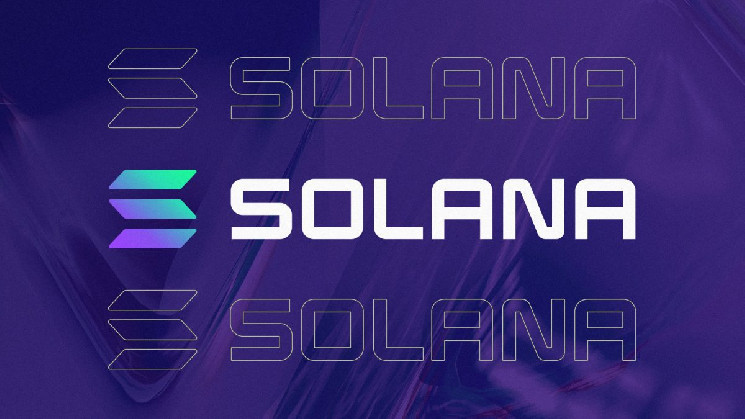NFT
Solana NFT marketplace leader Magic Eden is preparing to refocus on the blockchain platform it calls its “home” after a new rival briefly took its crown.
Tensor, which hit the marketplace scene late last year and touts itself as the “Blur of Solana,” beat Magic Eden for the highest 24-hour volume last week for the first time, according to data from Flipside Crypto.
Though Magic Eden was knocked from its perch for just a few days, the move got its attention.
“What the market needs now is for a deep, renewed focus on Solana, and we intend to show the Solana community that we have still got their backs,” Tiffany Huang, head of marketing and content at Magic Eden, told The Block. “We’re excited to refocus back on Solana, which is our home.”
Magic Eden has been the volume leader among Solana NFT marketplaces since November 2021 and was valued at $1.6 billion last June. It has expanded to other chains, adding support for Polygon, Ethereum and Bitcoin, an expansion that Huang said took its focus off of Solana.
Meanwhile, Tensor has quickly risen in popularity and is now firmly entrenched behind Magic Eden, according to The Block’s Data Dashboard.
Tensor beating Magic Eden
Tensor topped Magic Eden for the highest 24-hour volume for the first time last week on April 26 when it posted volumes of 95.4K SOL to Magic Eden’s 77.2K SOL, according to Flipside Crypto. It held on to the top spot — save for one day — through April 30.
Tensor, which raised $3 million in seed funding in March, was helped in knocking off Magic Eden by the Mad Lads NFT collection. Created by startup Coral, it’s the first NFT collection released under the xNFT standard and has already become the fourth-largest NFT collection by sales volume over the past 30 days, according to data from Crypto Slam.
Short for executable NFTs, xNFTs are expected to open up new avenues of user interaction through Coral’s xNFT wallet, Backpack, according to The Block Research’s Kevin Peng.
Mad Lads incentives
Mad Lads is a “very special project,” Ilja Moisejevs, founder and CEO of Tensor, told The Block. “Hence we went the extra mile,” providing incentives on the NFT collection, which led to the outperformance, Moisejevs added.
Both Tensor and Magic Eden provided incentives for the Mad Lads collection. Tensor offered to use 100% of the fees it collects on Mad Lads for the next three months to buy back the NFTs off the market and reward them to people who trade Mad Lads on its platform. “Anyone can win, big or small,” Richard Wu, co-founder and CTO of Tensor, told The Block.
Magic Eden also had incentives on Mad Lads, opting for 0% trading fees first for the first 24 hours post-mint before extending it to 72 hours post-mint. It also offered a prize pool worth 2,000 SOL tokens for the top 50 Mad Lads traders (buy + sell volume combined) for 30 days through May 21.
“I think having 0% fees like what Magic Eden offered is actually more attractive in my view, but when there’s a lot of hype around a particular NFT collection, the type of promotion that Tensor did — where they stated they would sweep the floors — tends to get more attention and support from people loyal to the project and turns out Tensor’s strategy was more effective,” said The Block Research’s Peng.
Magic Eden tweets at Tensor
Magic Eden appeared to go after Tensor on its brief outperformance by posting controversial tweets and later deleted them. “I don’t think people like to see teams directly attack other teams in the sort of retaliatory way that Magic Eden did,” Peng said. “It just gives negative vibes and seems almost desperate. So I think the Solana NFT community kind of swung their support in favor of Tensor as a result.”
But according to Huang, the response was “extremely positive” after Magic Eden gave away over 5,000 SOL as part of its incentives program. “There have been several mentions of how it feels like Magic Eden is giving back. This is encouraging for us,” Huang said.
As for Tensor, it has given away about 4,200 SOL to date as part of its incentives program, Wu said, adding that the platform expects to give away 25,000 more SOL tokens by the end of the three-month incentives period, based on “conservative” estimates.
While Huang didn’t get into specifics on what its refocusing might look like, she said the marketplace will be looking at product innovation to improve user experiences, ecosystem partnerships and “getting back into the community.”


